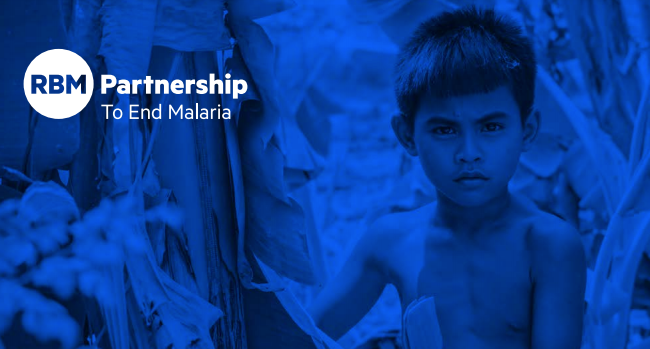Inside BENEO’s new pulse plant: pioneering sustainable protein from faba beans
UNICEF, RBM Partnership explore the relationship between nutrition, malaria
On the occasion of World Nutrition Day, The International Society for Neglected Tropical Diseases has organised a virtual event ‘Nutrition & malaria- An integrated approach for effective case management on May 28, 2021.
The event was run by APLMA (Asia Pacific Leaders Malaria Alliance) in partnership with UNICEF and RBM Partnership. The spokespeople from APLMA, RBM Partnership to End Malaria and UNICEF, explored the interaction between nutrition, malnutrition and deficiencies, with infectious diseases to support better nutrition outcomes and to support efforts towards malaria elimination in Asia Pacific. Tackling nutrition and malaria were the key highlights of the event.
Panellists of the event, Amita Chebbi (Senior Director, Asia Pacific Leaders Malaria Alliance – Asia Pacific Malaria Elimination Network, APLMA-APMEN), Dr Lola Dare (Board Member of the RBM Partnership to End Malaria, President of CHESTRAD Global Development Synergies) and Dr Roland Kupka (Regional Nutrition Adviser, UNICEF East Asia & Pacific Regional Office) discussed the complex issues from integrating health services and COVID-19.
In Asia Pacific, 351 million people are still undernourished, and the COVID-19 pandemic will only exacerbate this figure. UNICEF estimates an additional 6-7 million children under 5 globally will suffer from acute malnutrition as a result. This means more people – especially children – will have weakened immunity and be at greater risk for infection including from malaria.
While the intersection between nutrition and malaria remains under-researched, particularly in Asia Pacific, evidence shows that children and pregnant women are the most affected by poor nutrition and are at the highest risk of adverse effects from malaria infection.
The experts have recommended the integration of malnutrition and anemia interventions with malaria programs to be considered as part of universal health coverage.
Additional research is needed to understand the immediate interaction of malaria, anaemia and malnutrition in different malaria-endemic settings to better target integrated interventions.
According to the experts, since lack of financial support remains a significant obstacle to service integration, it is important to consider ‘horizontal integration’ of financial and human resources when implementing integrated services for malaria and maternal and child health.

